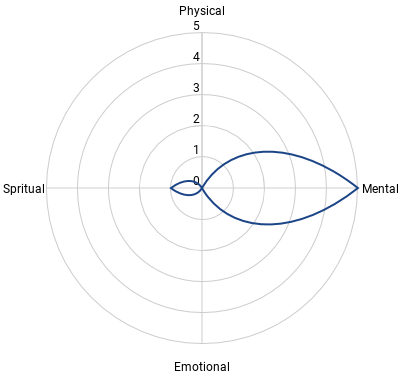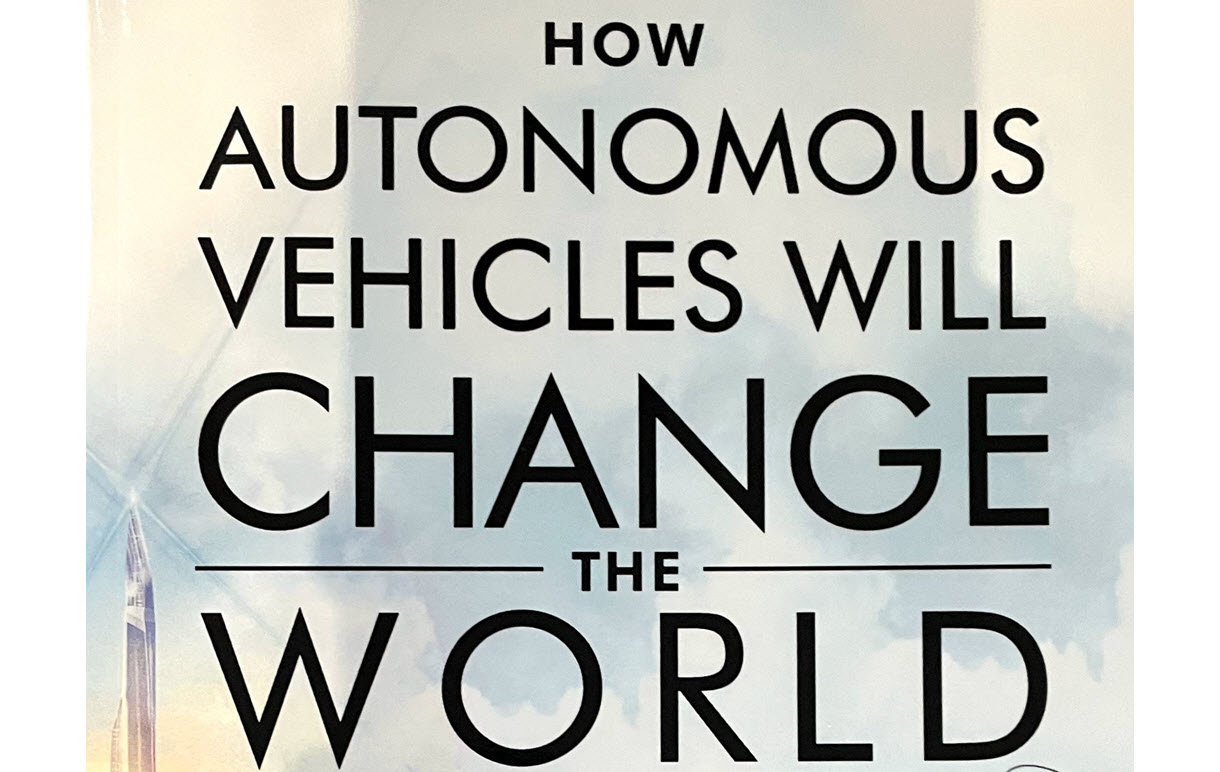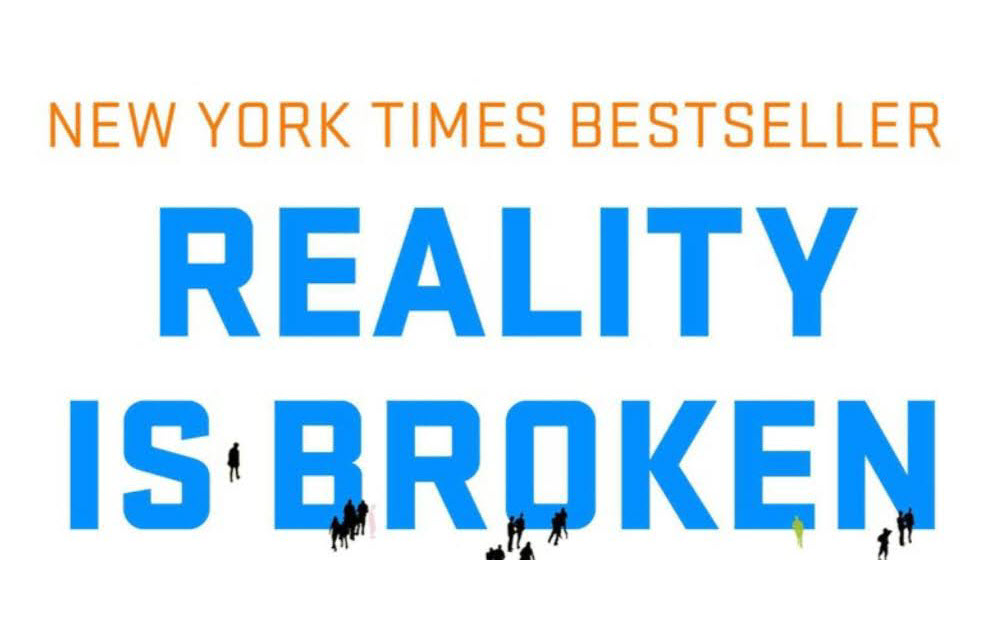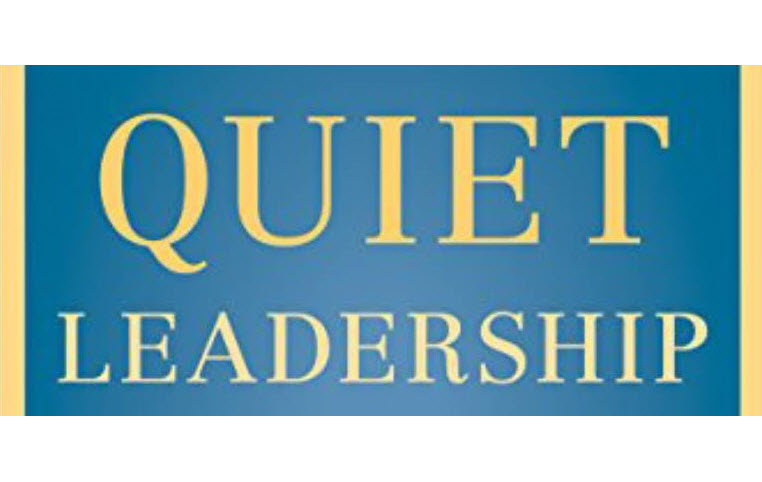Written by David Madden and Peter Marcuse
Madden and Marcuse take up the call to arms in support of looking at housing as homes instead of real estate. They probe the causes and consequences of treating housing like a commodity. The authors make a case for how treating housing as a real estate investment displaces people in need of homes and increases home prices. The One57 building in New York was an example of commodified housing that did not deliver homes. Advertised as luxury living with prices in the multi-million USD range it became a vehicle for people to to trade cash for space in the building with no intention of living there. The builder effectively blocked the majority of people who genuinely want to live in a home for living in the same space.
Throughout In Defense of Housing the authors cite multiple references and a leave brilliant trail for the reader to do their own investigation. The central theme of commoditization is discussed in details with references pulled from the financial markets, regulations, and globalization. The authors discuss gentrification drivers and the value of involving tenants in the housing conversation.
In Defense of Housing reminds me how the language I choose when talking about housing influences my beliefs. By refusing to engage in euphemisms we transform tenant into resident and community member and neighbor. These are people and not purely numbers on a balance sheet.
Why Would You Read This Book?
This is a great book for starting your understanding of why the number of unhoused people is growing in the United States. You will gain a new understanding of home vs real estate and why the words we use to describe the situation matters. You want to understand the systemic drivers that have arisen over time and how those drivers tend to benefit one group over another in the housing market. You have a desire to see the interests of residents and owners aligned for the greatest good of all involved.
Garrett’s Holistic Scale
I score each book review on a four axis, 0 – 5 point scale that measures how deep a book explores physical, mental, emotional, and spiritual concepts. Use these scales to find a book that explores concepts you are most interested in reading.






Leave A Comment